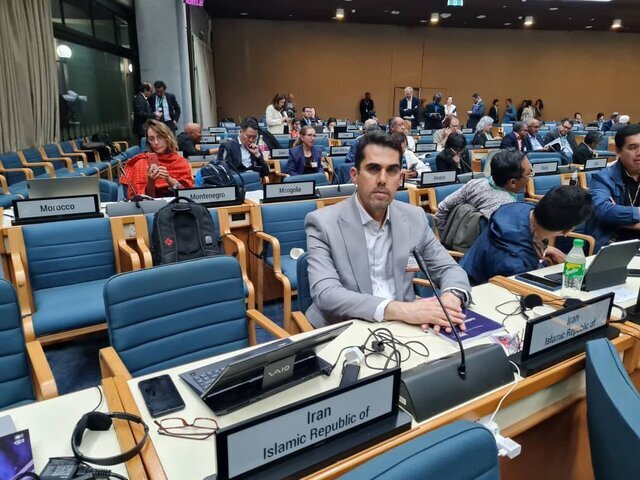Iran gets Intergovernmental Panel on Climate Change membership

TEHRAN - After a hiatus of about 15 years, Iran once again became a member of the Intergovernmental Panel on Climate Change (IPCC) task force on national greenhouse inventories.
Thanks to the strategies of the Meteorological Organization and diplomatic negotiations of the Ministry of Foreign Affairs, the country’s representative was selected once again as a member of IPCC, Sahar Taj-bakhsh, head of Iran's Meteorological Organization, said, iSNA reported.
"Mohammad Rahimi from the Islamic Republic of Iran and a representative from the Maldives became members of the task force bureau on greenhouse gases emission."
Rahimi is a faculty member of Semnan University and a professor at the faculty of combating desertification.
The Intergovernmental Panel on Climate Change (IPCC) is the United Nations body for assessing the science related to climate change.
Created in 1988 by the World Meteorological Organization (WMO) and the United Nations Environment Programme (UNEP), the objective of the IPCC is to provide governments at all levels with scientific information that they can use to develop climate policies.
The task force on national greenhouse inventories works on greenhouse gas inventory-related methodologies and practices. It is responsible for assessing and developing inventory methods and practices that are scientifically sound and relevant to all countries, bearing in mind the lack of information in developing countries.
The task force is responsible to develop and refine internationally agreed methodologies and software for the estimation and reporting of national GHG emissions and removals, and to encourage the widespread use of these methodologies by countries participating in the IPCC and by Parties to the United Nations Framework Convention on Climate Change (UNFCCC).
Climate Change
Climate change refers to long-term changes in temperature and weather patterns that may be natural but since the middle of the 18th century, the trends have changed.
Human activities mainly due to burning fossil fuels (such as coal, oil, and gas) have increased the gases.
The gases trap and the heating process develops, which is named as “greenhouse effect”. Such an effect is the cause of climate change which has had extensive effects on the environment.
The drought is getting worse. Humans use more water, especially for agriculture. Just like when the weather is hot, we sweat more, and higher air temperature causes us to lose more water, which means that the farmers should consume more water.
Both highlight the need for more water in places where water reserves are decreasing.
Snow is an important source of fresh water for many people. As the snow melts, fresh water becomes available for use, especially in areas like Iran where there is not much rainfall during the warmer months.
But as it gets warmer, it generally snows less and snow begins to melt earlier in the year, meaning snow may not be anymore a reliable source of water supplies.
MT/MG
Leave a Comment